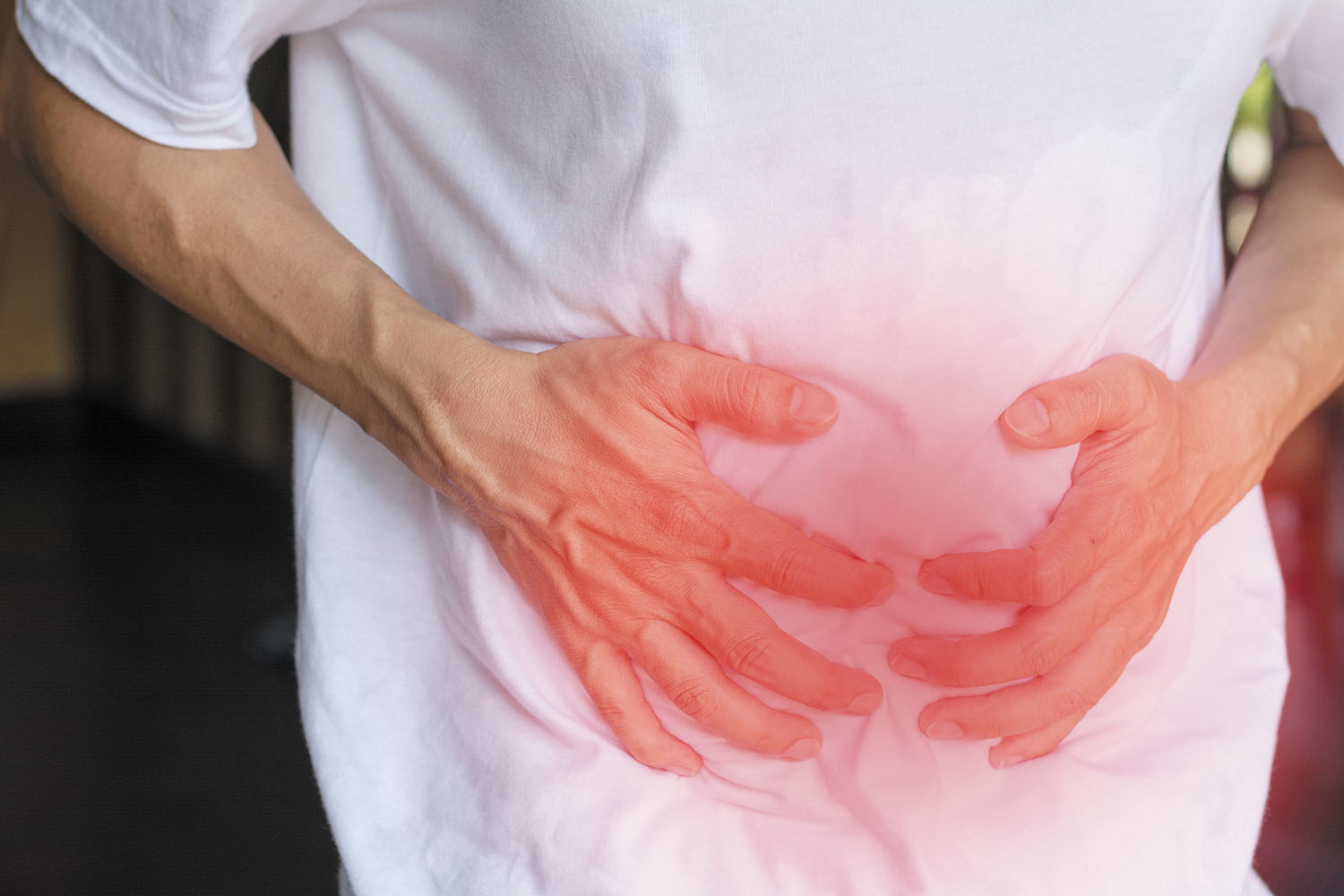
5 timeless habits for better health

What are the symptoms of prostate cancer?

Is your breakfast cereal healthy?

When pain signals an emergency: Symptoms you should never ignore

Does exercise give you energy?

Acupuncture for pain relief: How it works and what to expect

How to avoid jet lag: Tips for staying alert when you travel

Biofeedback therapy: How it works and how it can help relieve pain

Best vitamins and minerals for energy

Should you take probiotics with antibiotics?
Digestive Health Archive
Articles
Tough to swallow
Constipation: A connection to cardiovascular disease?
What are postbiotics?
Postbiotics are created by digestion. Like probiotics and prebiotics, they may contribute to gut health and overall health.
Gastroparesis: A slow-emptying stomach can cause nausea and vomiting
Gastroparesis is a condition that causes delay in the emptying of food from the stomach. This can cause uncomfortable symptoms like nausea, vomiting, and abdominal pain, and can affect nutrition and quality of life. Treatment may involve medication or a procedure, but a correct diagnosis is necessary first.
Keep ultra-processed foods off the menu
Inflammatory bowel disease on the rise in older adults
Battle of the bulges
Adjusting gut bacteria may improve response to cancer treatment
Facts about fiber
Five lifestyle factors that can help prevent gastroesophageal reflux disease

5 timeless habits for better health

What are the symptoms of prostate cancer?

Is your breakfast cereal healthy?

When pain signals an emergency: Symptoms you should never ignore

Does exercise give you energy?

Acupuncture for pain relief: How it works and what to expect

How to avoid jet lag: Tips for staying alert when you travel

Biofeedback therapy: How it works and how it can help relieve pain

Best vitamins and minerals for energy

Should you take probiotics with antibiotics?
Free Healthbeat Signup
Get the latest in health news delivered to your inbox!
Sign Up











